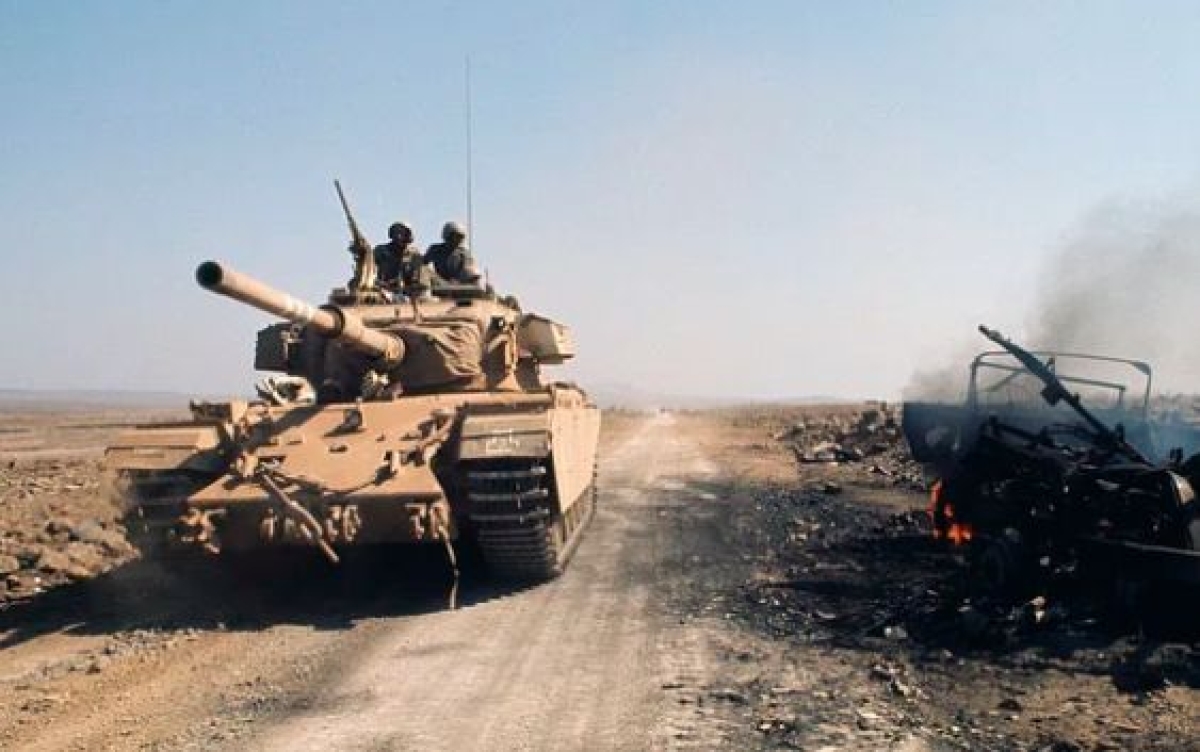Israel: "Wie konnten wir uns so irren"?

Israelischer Panzer, Bildquelle: US Government
Ein ehemaliger Geheimdienstchef der israelischen Armee versucht Erklärungen zu finden, wie Israel die Absichten der Hamas so falsch einschätzen konnte.
Angesichts der Massaker vom 7.10 fragen sich täglich in Israel nicht nur Bürgerinnen und Bürger sondern vor allem auch Mitarbeiter der Sicherheitsdienste, wie man die Hamas derart falsch einschätzen konnte. Dieser Frage versucht unter anderem Tamir Hayman in einem sehr lesenswerten Interview mit dem Herausgeber der Times of Israel zu beantworten. Ebenso erklärt er die Strategie der Armee gegen die Milizen der Hamas, die Haltung der arabischen Staaten zu Gaza und wie problematisch es ist, dass die Regierung in Jerusalem bislang noch mit keinem Plan an die Öffentlichkeit getreten ist, was mit dem Gazastreifen und seinen Bewohnern nach Ende des Krieges geschehen soll.
Q: I have to ask you what everybody has asked for two months, and continues to ask, because it is unfathomable: How could Israel’s intelligence agencies, its military, the security establishment, have failed to understand what Hamas was planning? We’ve heard this from the very top echelons and down to people who fought heroically on that day: ‘We never imagined that anything like this could happen. We never dreamed…’
I just don’t understand it. We knew who their key commanders were. We knew about their battalions. We knew what they were doing. This is your world. Why were the assumptions not questioned? Why were the warnings brushed aside? How did this happen?
A: It’s the million-dollar question. It’s the question that the entire intelligence community in Israel asks itself morning and night. Where did we go wrong? And how did we go so wrong?
The mistake is one of assessment. I prefer not to call it a failure of “conception.” It’s a failure of assessment. That’s the heart of the intelligence profession. And the assessment was that Hamas was not interested in starting a [war] campaign. And that all the violence we saw in the period [before October 7], the so-called uprising at the fence, stemmed from money problems. And that if the flow of Qatari money resumed, they’d go back to restraint. The Qatari money resumed, right before October 7, and they indeed reined in [the violence], and that strengthened the theory that Hamas was deterred. That was the thinking.
And all intelligence that was received which could be interpreted in line with that thinking was indeed interpreted according to that thinking. And that applied even to scraps of information in the hours before, the day before, because the internal conviction was so deep that Hamas did not want a war.
Still, that doesn’t explain a thing. It just describes the problem. It doesn’t explain the problem because there were mechanisms that are supposed to deal with that problem, control mechanisms, the Ifcha Mistabra [the IDF’s Devil’s Advocate Unit] and more. There are two large intelligence hierarchies that work separately on the same thing, so that they can formulate intelligence independently of each other — the Shin Bet and IDF Military Intelligence — and both erred in the same way.